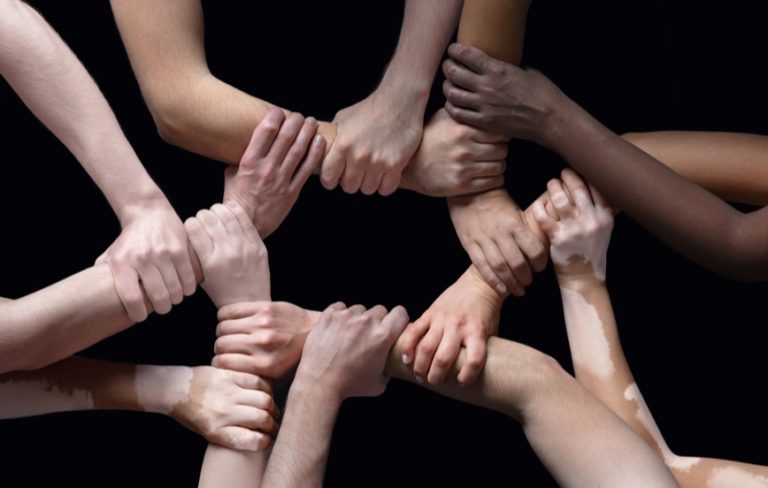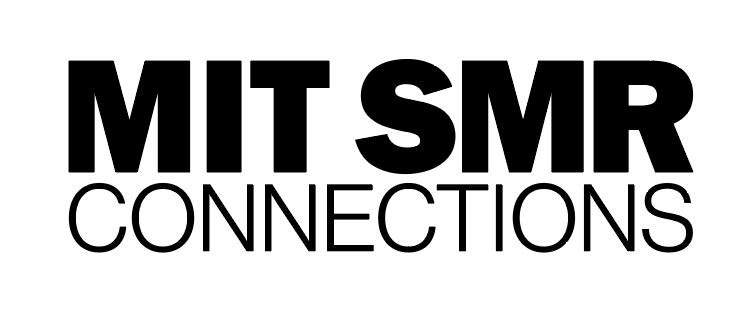What is a “Beatles moment?” Many legendary entertainers who got their start in the 1960s and ’70s will likely say that seeing the Beatles on the Ed Sullivan Show in 1964 changed everything for them. This one moment broke the mold of what music was and what it could be.
This dynamic and young band showed that music was possible for anyone — amateurs and future legends alike. It gave people the courage to think, “I can do that!” It became a great leveler, and it changed the world of music. It was a catalyst event.
What does this have to do with 2020?
The chaos of the past year is its own catalyst event moving us to our Beatles moment: Out of the chaos of 2020, we have discovered a new, more equitable and inclusive approach to work and life. The global pandemic broke the mold of what work is and what it can be.
Reimagining work
Gone are the days of 9-to-5 (or more realistically, 8-to-6) in the office. We’re now in an era of massive amounts of remote work; and while it seemed it was a necessary and ideally temporary response, we are now at a place where a survey by my company and Dimensional Research, “Global Workforce Survey: The Rise of the Hybrid Workplace,” found that only 9% of workers expect to return to the office full time in the future. According to Slack research, only 12% of knowledge workers intend to return to exclusively in-office work.
But it’s not the employees working from home who I want to focus on. Instead, it’s the willingness for leaders to demonstrate trust and flexibility in how they define work. The way we work from home is not the same as working in the office. It’s not a matter of “lifting and shifting” what we did before. While the office can be more inclusive, I believe remote work by its very nature is noninclusive.
Instead, remote work requires a new style of leadership: using new approaches, showing empathy and even embracing a new culture to include remote and in-office workers. It’s moving beyond defining productivity as face time to recognizing outcomes. It’s trusting our employees to do their job even when we can’t see them. It’s being flexible in the face of a topsy-turvy home environment. And it’s understanding that work isn’t where you go; it’s what you do.
This is the breakthrough — our opportunity to reimagine work.
Reimagining learning
But it doesn’t stop there. The Beatles were well known for their musical experimentation and being unbound to conventional songwriting techniques. They seemed to use new technologies and techniques to the fullest and learn as they went.
The previous era dictated a sequential timeline: primary education, higher education, job. And while this is still the path that many take, I’m also seeing an inflection point for flexible, accessible virtual learning. Education can come from everywhere, not just traditional schools — think Khan Academy. This could point to a gradual phasing from a multiyear formalized degree curriculum to just-in-time learning that delivers skills on an as-needed basis — a kind of “knowledge as a service” model.
This is a highly inclusive development. First, it allows adults to blend their education with their lives, rather than having to sacrifice one for the other. They can develop skills that are needed now (and tomorrow) rather than write papers on topics that are inevitably out of date once they’re submitted.
Equally importantly, knowledge as a service encourages major inclusivity in the hiring process. Businesses today can retool their hiring approach to assess candidates in terms of cultural fit and ability — can they bring a different way of thinking to the team? Can they inspire new ways of working to drive innovation? They can move away from choosing employees solely based on whether they have completed a specific degree or done that specific job before.
In fact, it doesn’t make sense to turn away a person whose personality, drive and curiosity fit the atmosphere of the group but who lacks a specific certification. The skills required for conducting business can be taught after onboarding and delivered online, in the way that best fits into daily life.
Reimagining connections
Many people have said Beatles songs “spoke to them” — included them in a way that other songs did not. We all have that one song that makes us feel like we’re part of something special. This is social inclusivity.
We, as human beings, need to be part of an omnipresent, albeit passive, community. It’s our neighborhood, our favorite watering hole or the office. And this had been missing from the remote work model until recently.
The presence of other people around us obviously could not be replicated in the home, nor could it be delivered through the conventions of a formalized meeting. At home, there isn’t a way to casually interact with colleagues in the break room, in the elevator or when walking down the hall. By its very definition, being with colleagues is inclusive.
Now, we’ve discovered new virtual presence tools like Slack, Microsoft Teams, Google, and my company’s tool, Webex Teams, that are capable of delivering that passive “community feel” so vital to our individual well-being and feeling of belonging. These community sensations are being filtered into collaboration technology, steering us away from the purely formalized meeting to a freeform and more random feeling that can mimic passive community.
This is something I believe the Beatles developed during their studio years. They realized music was more than notes and words — people had to be emotionally and physically involved. That’s the realization that many of us are coming to now as we spend our time pining for the crowded elevators and food courts we once despised.
Powering an inclusive future of work
This has been a year that I will gladly say goodbye to. But out of necessity, we have seen how the deployment and use of collaboration and learning technology on a grand scale can be a great equalizer. By breaking away from the conventions of the past and reimagining work, learning and connections, we make way for a much more inclusive future of work. So maybe 2020 wasn’t so bad after all.
First posted on Forbes





